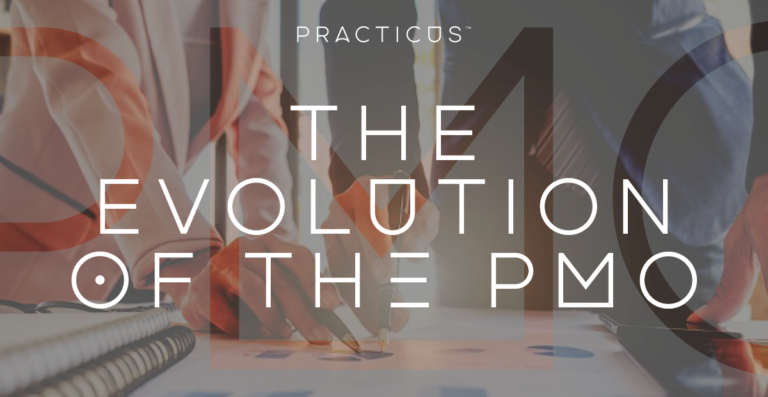
What is a PMO?
A PMO is the team that sets project management standards within an organisation. Traditionally, its goal was to achieve benefits from standardising documentation, assurance and reporting across project delivery. Yet the meaning of PMO is evolving. It has an important role today in ensuring the consistency of decision making, best practice delivery, managing risk and budgetary management.
The PMO oversees the entire lifecycle of projects from initiation to close-out. It provides effective project oversight and control to minimise failures and improve the chance of overall success. The main types of activity can include:
supportING
Centralising project support, for example, administration, logistics, scheduling, consistent reporting, risk management, configuration management, communications and facilitation
guidinG
Guiding the methods, standards, processes and tools, internal delivery and standards assurance, education, coaching and mentoring of delivery staff and subject matter consultancy
developING
Business leadership, for example, developing project portfolio management structures, tools, processes and governance, strategic decision-making and CxO communication


